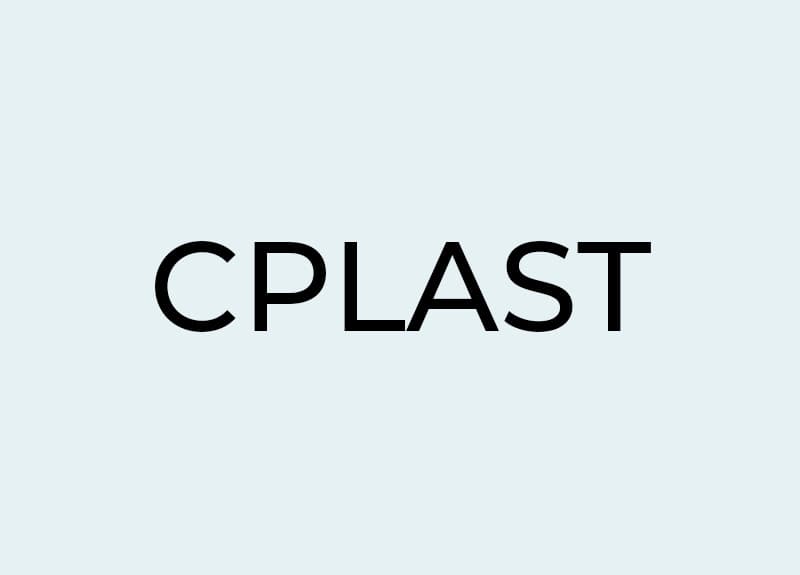
Irrigated agriculture is central to the world’s food supply, occupying only 17% of the world’s cultivated area, but producing 40% of the world’s food.
We need to increase water productivity.
For this purpose, the use of localised underground irrigation, where the irrigation pipes are buried in the soil, is an efficient solution, as underground irrigation has numerous advantages. Primarily, it makes better use of the water and nutrients applied, resulting in better quality agricultural products.
However, it presents a challenge: to avoid root intrusion, i.e. to prevent roots from entering the distribution network emitters and rendering it unusable.
CPLAST’s main objective is to develop a solution that prevents the penetration of roots into underground irrigation systems and, therefore, their clogging. In this way, it is possible to increase not only water efficiency with respect to the conventional system, but also agricultural and energy sustainability. In addition, this solution is compatible with underground irrigation systems, allowing a high resistance to clogging.
This project has been supported by the expenditure budget of the Ministry of Economic Affairs and Competitiveness (MINECO) and co-financed by the European Union. Within the framework of the Challenges-Collaboration call of the State Programme for Research, Development and Innovation Oriented to the Challenges of Society, within the framework of the State Plan for Scientific and Technical Research and Innovation 2013-2016.
Together with AZUD, they participate in the CPLAST project:
